For many years, people have liked using disposable cameras to take pictures while on the move. Their services are affordable and convenient. Makes it easy to capture and remember special moments. But, when we think about these small film cameras. we often wonder, “Are Disposable Cameras Waterproof?”
Water can damage our gadgets, so it’s important to know how well they resist water. Let’s explore disposable cameras and see if they can handle water. We’ll also discuss precautions for wet conditions.
So, let’s unravel the mystery surrounding the waterproofness of disposable cameras. Also, discover how they fare against the elements.
Contents
- 1 What Are Disposable Cameras?
- 2 How Do Disposable Cameras Work?
- 3 The Difference Between Waterproof and Water-Resistant
- 4 Are Disposable Cameras Waterproof?
- 5 Tips for Using a Disposable Camera Near Water
- 6 How to Store a Disposable Camera?
- 7 How to Develop Waterproof Disposable Camera Pictures?
- 8 FAQs on Disposable Cameras Waterproof
- 8.1 Can I Use a Waterproof Disposable Camera Underwater?
- 8.2 How Can I Tell If a Disposable Camera Is Waterproof?
- 8.3 Can I Take Pictures Near Water with a Regular Disposable Camera?
- 8.4 What Should I Do If I Accidentally Drop My Disposable Camera in Water?
- 8.5 How Long Does It Take to Develop Waterproof Disposable Camera Pictures?
- 9 Final Say
What Are Disposable Cameras?
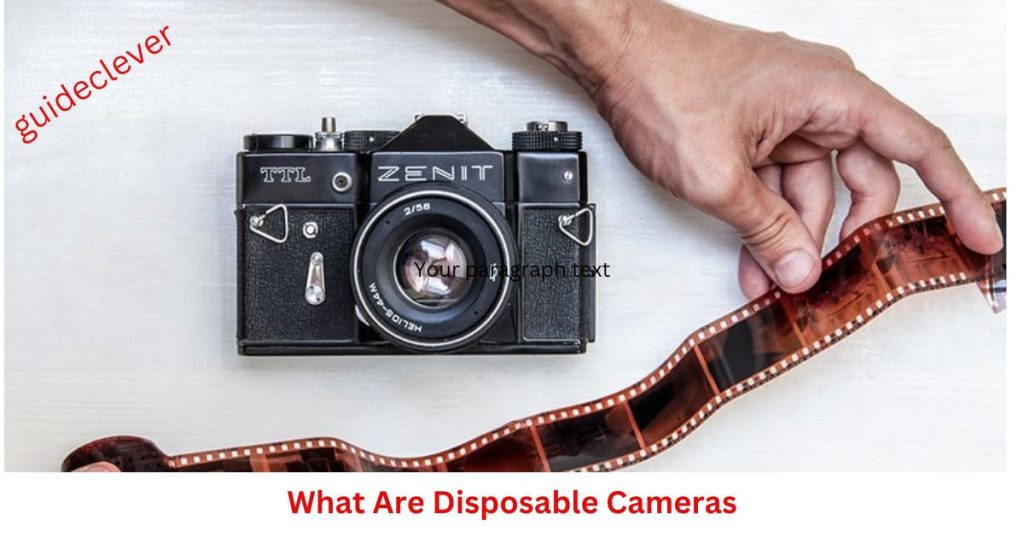
Disposable cameras are cameras meant to be used just once. Then, it is discarded once the pictures have been captured. They’re a standard option for photographers who don’t want to spend much money on equipment. As well as wanting to avoid losing or breaking their camera.
Let me go out and investigate now. How do throwaway cameras function?
How Do Disposable Cameras Work?
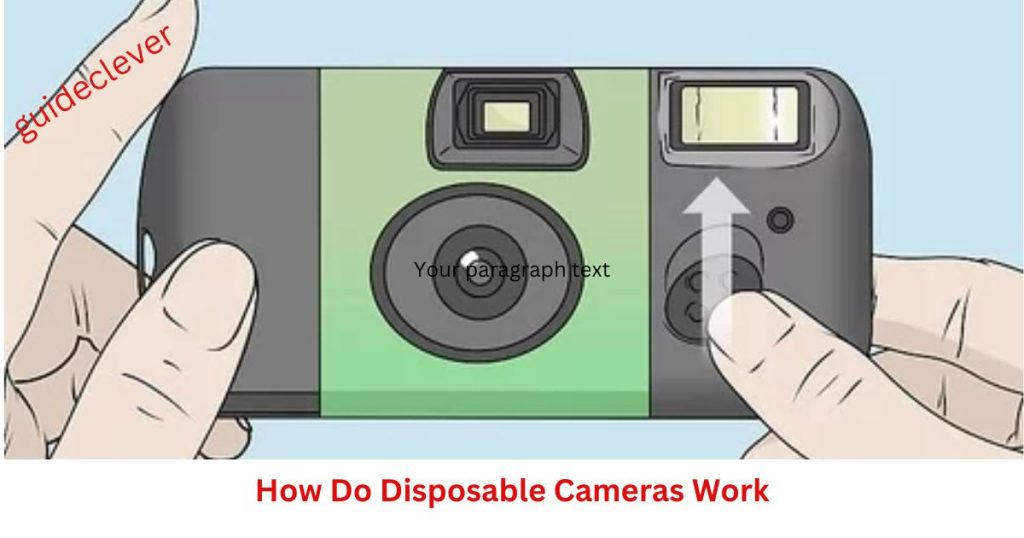
Disposable cameras are straightforward in structure. They have a built-in lens, film, and shutter release. To take a picture, you have to push the shutter button. This opens the lens and exposes the film to light. After a photo shoot, the camera is sent to be developed. Then, the resulting prints are made.
Here, I’ll analyze the distinction between waterproof and water-resistant materials.
The Difference Between Waterproof and Water-Resistant
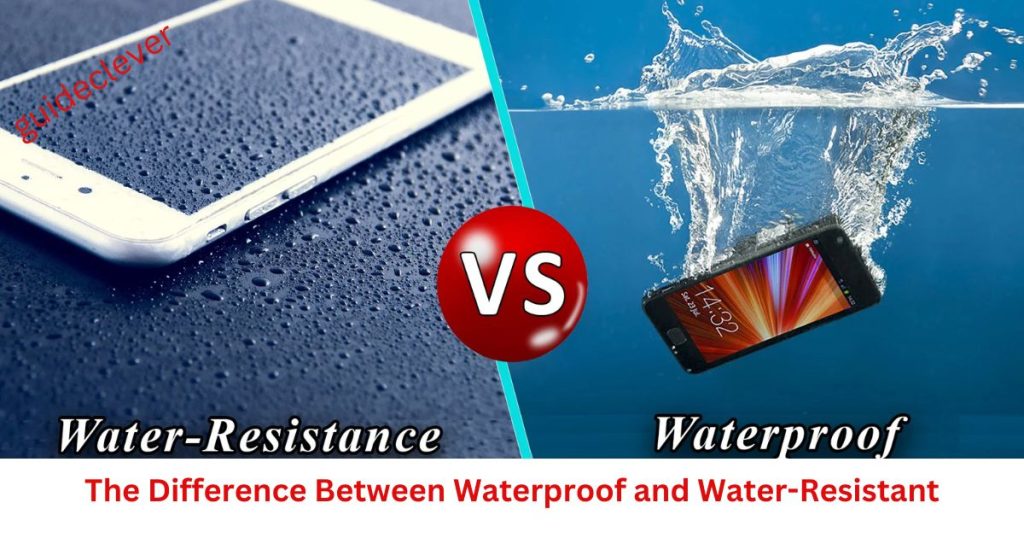
Here’s a table highlighting the key differences between “Waterproof” and “Water-Resistant” properties:
| Property | Waterproof | Water-Resistant |
|---|---|---|
| Definition | Completely impervious to water penetration. | Offers some degree of protection against water. |
| Water Submersion | Can be submerged underwater without damage. | Can resist water to a limited extent but may not survive full submersion. |
| Applications | Ideal for activities involving prolonged water exposure, such as scuba diving or deep-sea exploration. | Suitable for activities involving light moisture exposure, like light rain or splashes. |
| Sealant | Typically features airtight seals and specialized materials to prevent any water ingress. | May have water-resistant coatings or materials, but not necessarily completely sealed. |
| Durability | High durability against water, often meeting specific standards for waterproofing. | Offers moderate protection and may degrade over time with exposure to water. |
| Common Examples | Waterproof watches, deep-sea diving equipment, submarine hulls. | Water-resistant watches, outdoor jackets, smartphones with water-resistant ratings. |
| Degrees of Protection | Often measured by specific ratings (e.g., IPX7, IPX8) indicating depth and time limits for submersion. | May have varying levels of resistance, usually indicated by a basic rating (e.g., “water-resistant to 30 meters”). |
| Cost | Typically more expensive due to advanced sealing and materials. | Generally more affordable as it provides limited protection. |
It’s important to note that the level of waterproof or water-resistant protection can vary between products and may be subject to specific standards and testing methods, so always check the manufacturer’s specifications and ratings for precise information on a particular product’s water protection capabilities.
Are Disposable Cameras Waterproof?
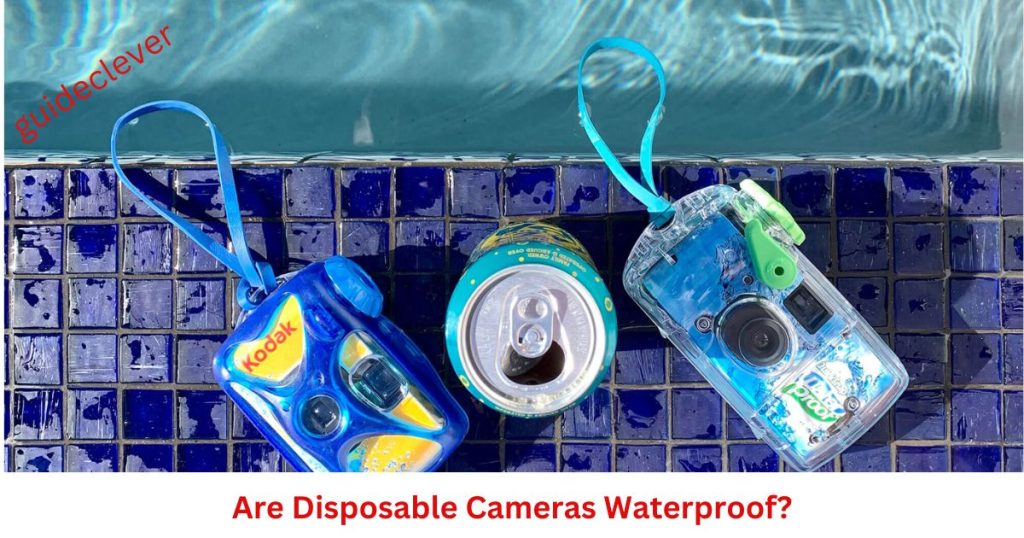
Disposable cameras are not typically designed to be waterproof. These cameras are meant for general photography use and are not specifically built to withstand water or moisture exposure. If a disposable camera gets wet, it can damage the film inside and potentially ruin any photos that have not yet been developed.
However, some manufacturers have produced disposable cameras with waterproof or water-resistant features for specific purposes like underwater photography. These cameras are usually labeled as waterproof disposable cameras and are designed to work underwater at shallow depths, such as for capturing images while snorkeling or swimming. They come in waterproof housings that protect the film from water.
If you have a standard disposable camera and want to use it in wet or potentially rainy conditions, you can try to protect it by placing it inside a waterproof bag or a clear plastic sleeve. This can help prevent water damage, but it’s not a guarantee of complete protection, so use caution and avoid submerging the camera in water.
Always follow the manufacturer's instructions and recommendations for the specific disposable camera model you have to ensure its proper use and protection from moisture.
Tips for Using a Disposable Camera Near Water
- Put the camera in a bag or case that can keep out water.
- Avoid getting any spray or splashes on the camera.
- If the camera becomes wet, dry it off as soon as possible.
- If your camera isn’t made to be used underwater, don’t do it.
- Avoid getting water into the camera by being cautious while changing the film.
How to Store a Disposable Camera?
Careful storage of the disposable camera is recommended if any of the photographs were taken near water. The camera should be kept in a cool, dry area out of the heat and sunshine. If the camera becomes wet, dry it well before putting it away.
How to Develop Waterproof Disposable Camera Pictures?
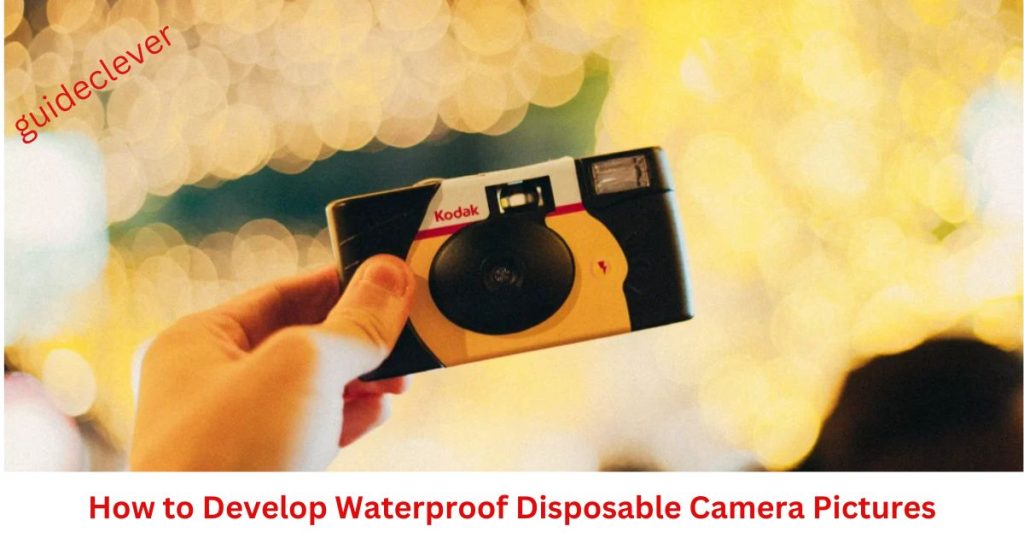
You may be wondering what to do with the photographs you took with your waterproof disposable camera. It works like developing a classic film. The camera may be sent to a lab for processing, or the film can be set at home using a film development kit.
You should inform the lab that the camera is waterproof and include any further instructions if you decide to send it there. Waterproof camera development may incur an additional fee at specific laboratories.
If you decide to develop the film yourself, read the directions thoroughly and stick to them. Light may destroy the movie; therefore, you’ll need a darkroom or a film-changing bag. After the film has been developed, you can print the photos at home or have them done professionally.
In the next section, I will discuss several viable alternatives to disposable cameras for underwater photography.
FAQs on Disposable Cameras Waterproof
Can I Use a Waterproof Disposable Camera Underwater?
The camera is the deciding factor. While most disposable cameras are not waterproof, there are a few exceptions. To determine whether and to what extent the camera is waterproof, read the product description and instructions carefully.
How Can I Tell If a Disposable Camera Is Waterproof?
Verify the condition of the packing. It should be evident from the box whether or not the camera is waterproof.
Can I Take Pictures Near Water with a Regular Disposable Camera?
You may use a typical disposable camera to snap images near water, but you need to take extra care to prevent water damage to the camera.
What Should I Do If I Accidentally Drop My Disposable Camera in Water?
You should get the camera back and dry it as soon as possible. It’s possible that the camera can’t be saved if the inside becomes wet.
How Long Does It Take to Develop Waterproof Disposable Camera Pictures?
Waterproof disposable camera photographs may be developed in various ways, each with its own development time. Submitting the camera to a lab can take a few days. It might take a few hours to develop a film at home.
Final Say
Disposable cameras are waterproof? No, they are not even though they are simple and affordable. These small cameras are made for regular photos and may not work if they get wet. However, there are waterproof disposable cameras available for underwater photography.
When using a disposable camera in wet or damp conditions, make sure to protect it from water. You can do this by covering it or putting it in a bag. To keep your memories safe, make sure you protect the film inside your camera.
Have fun with disposable cameras! understand their limits, and protect your pictures in any weather. You can use a disposable camera to capture your experiences. Whether it’s sunny at the beach or rainy in the wilderness.
.


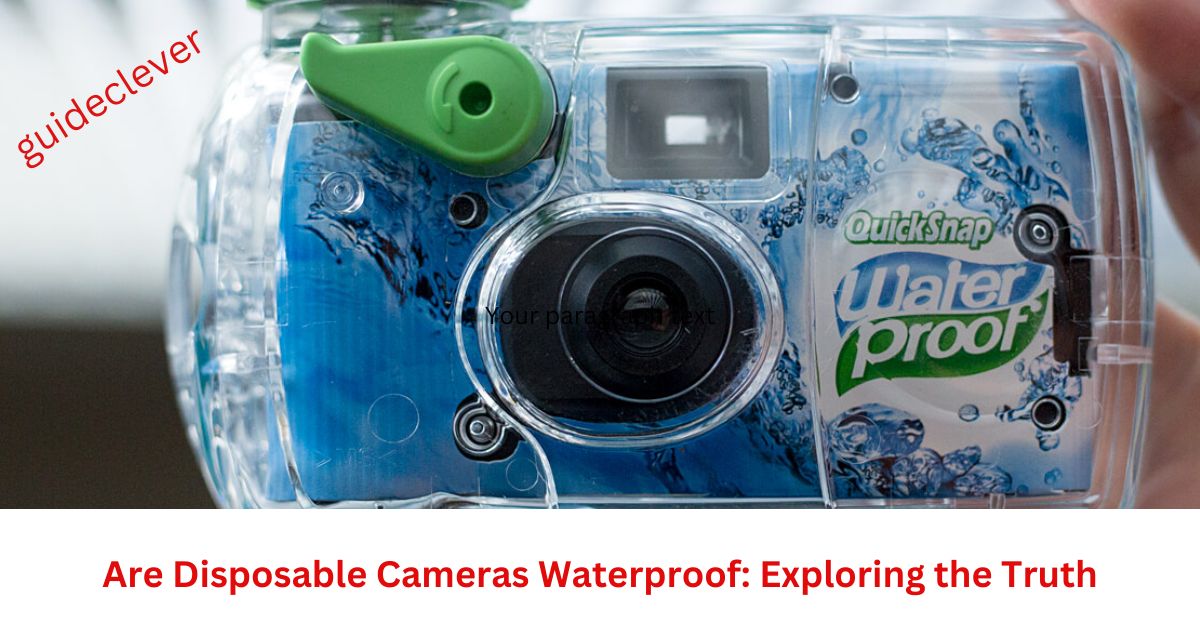
2 thoughts on “Are Disposable Cameras Waterproof: Dive into Waterproofing!”